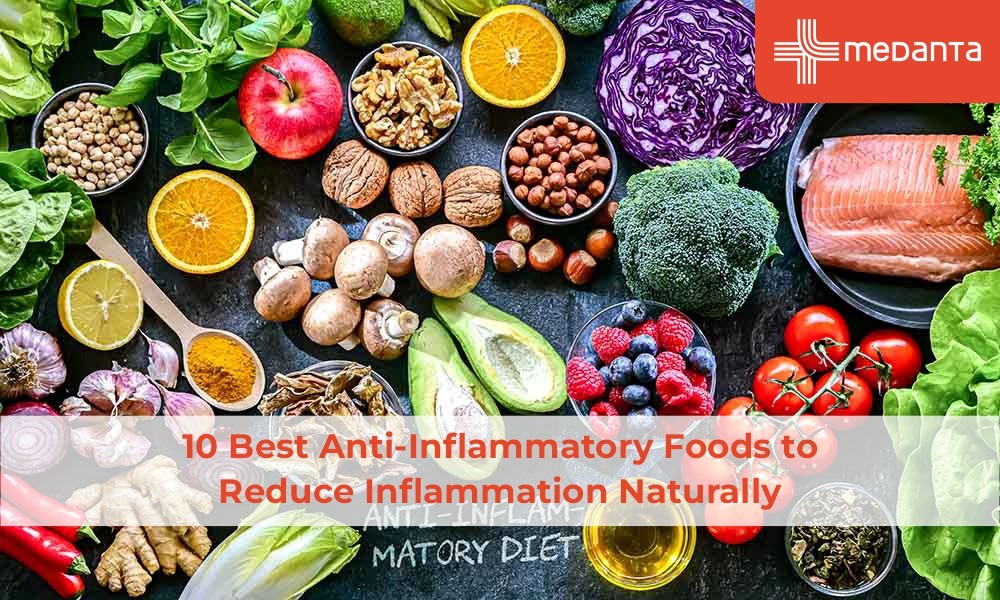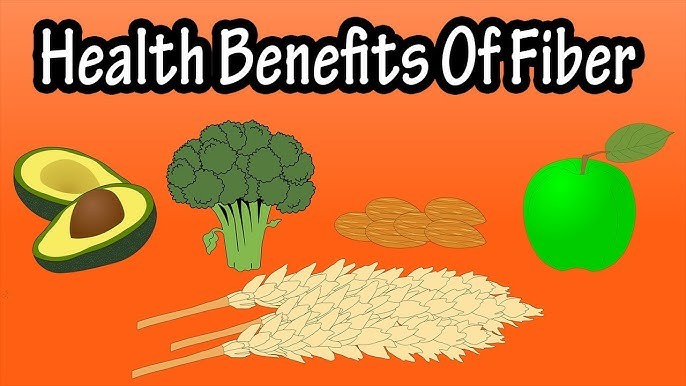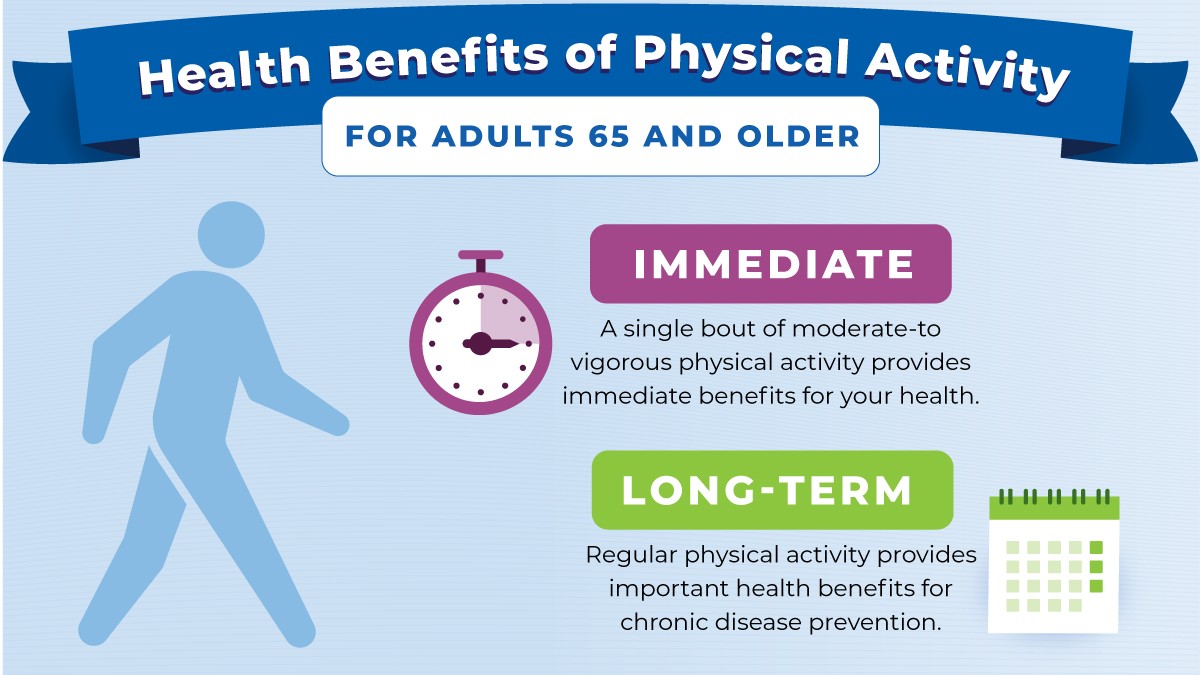Reducing inflammation naturally is a topic of growing interest, not just within the health and wellness sphere but also among those who recognize its profound impact on overall well-being and productivity. While inflammation is a vital part of the body’s healing process, chronic or unchecked inflammation can silently undermine our health, leading to a cascade of issues that affect everything from our physical comfort to our cognitive function. Understanding how to mitigate this pervasive force without always resorting to pharmaceuticals offers a powerful pathway to sustained vitality and performance.
At its core, inflammation is the body’s sophisticated response to injury or infection. Imagine a tiny cut on your finger; almost immediately, the area might become red, swollen, and warm. This acute inflammation is a clear signal that your immune system is mobilizing, sending a flurry of white blood cells and healing compounds to the site to clear out damaged cells and pathogens, initiating the repair process. This is a brilliant, essential mechanism. However, problems arise when this protective response lingers, transforming from a temporary defense into a chronic internal state. This persistent inflammation can be triggered by a variety of factors, including a suboptimal diet, chronic stress, environmental toxins, and even a lack of physical activity. It’s a low-grade fire smoldering within, often without obvious symptoms until it has progressed significantly, potentially contributing to conditions such as heart disease, diabetes, autoimmune disorders, and even neurodegenerative diseases.
One of the most accessible and impactful avenues for reducing inflammation naturally lies within our dietary choices. The adage “you are what you eat” holds profound truth when it comes to inflammatory responses. Highly processed foods, refined sugars, unhealthy fats, and excessive consumption of red meat can act as potent pro-inflammatory agents, effectively fanning the flames within our bodies. Consider the typical Western diet, laden with convenience foods and sugary beverages; this dietary pattern is a significant contributor to chronic inflammation in a large segment of the population. Conversely, a diet rich in whole, unprocessed foods can be incredibly anti-inflammatory. Think of vibrant fruits and vegetables, brimming with antioxidants that combat cellular damage. Berries, leafy greens, and colorful peppers are not just visually appealing; they are packed with compounds that actively disarm inflammatory molecules. Fatty fish, like salmon and mackerel, are excellent sources of Omega-3 fatty acids, renowned for their potent anti-inflammatory properties. Incorporating nuts, seeds, and healthy oils like olive oil further bolsters this defense, providing beneficial fats that help regulate inflammatory pathways. The goal isn’t necessarily a restrictive diet, but rather a thoughtful shift towards incorporating more naturally occurring anti-inflammatory ingredients into our daily meals, making conscious choices that nourish rather than provoke.
Beyond the plate, our lifestyle habits play an equally crucial role in managing inflammation. Chronic stress, for instance, is a powerful instigator of inflammatory responses. When we are constantly under pressure, our bodies release stress hormones like cortisol, which, while acutely beneficial for fight-or-flight, can become detrimental when perpetually elevated, leading to systemic inflammation. Developing effective stress management techniques—whether through mindfulness meditation, deep breathing exercises, spending time in nature, or engaging in hobbies that bring joy—can significantly lower these internal inflammatory markers. Similarly, consistent physical activity acts as a potent anti-inflammatory agent. Regular exercise, even moderate activities like brisk walking or cycling, helps to regulate immune function, reduce adipose tissue (which can produce inflammatory cytokines), and improve overall circulation, thereby flushing out inflammatory byproducts. The key is consistency, not intensity; even short bursts of movement throughout the day can make a difference. Adequate, restorative sleep is another often-overlooked cornerstone of inflammatory control. During sleep, our bodies undertake vital repair and regeneration processes. Chronic sleep deprivation, however, disrupts these processes and can lead to increased levels of inflammatory cytokines, further exacerbating an already inflamed state. Prioritizing 7-9 hours of quality sleep each night is not a luxury, but a fundamental biological necessity for mitigating inflammation and supporting overall health.
Finally, harnessing the power of certain natural compounds and herbs can provide additional support in the quest to reduce inflammation. Turmeric, with its active compound curcumin, has gained widespread recognition for its remarkable anti-inflammatory properties, often rivaling the effects of some pharmaceutical anti-inflammatory drugs. Incorporating turmeric into cooking or considering a high-quality supplement can be a valuable addition. Ginger, another common spice, also boasts powerful anti-inflammatory and antioxidant effects, making it a soothing addition to teas or meals. Green tea, rich in polyphenols, particularly epigallocatechin gallate (EGCG), has been shown to reduce inflammatory markers and protect against cellular damage. Even simple compounds like bromelain, an enzyme found in pineapple, can help break down inflammatory proteins. While these natural allies offer promising avenues, it’s always prudent to approach their use thoughtfully, perhaps discussing with a healthcare professional, especially when considering higher doses or combinations. Ultimately, reducing inflammation naturally is not about a quick fix but rather a holistic commitment to nurturing our bodies through conscious dietary choices, consistent lifestyle habits, and a mindful approach to stress. It’s a journey towards empowering ourselves to live more vibrant, healthier lives, mitigating the silent forces that can otherwise undermine our well-being and impede our true potential.




